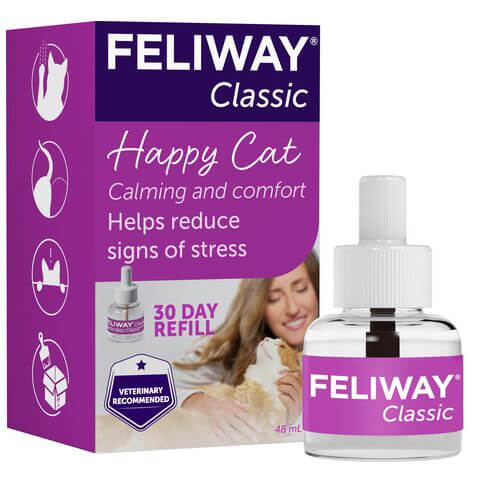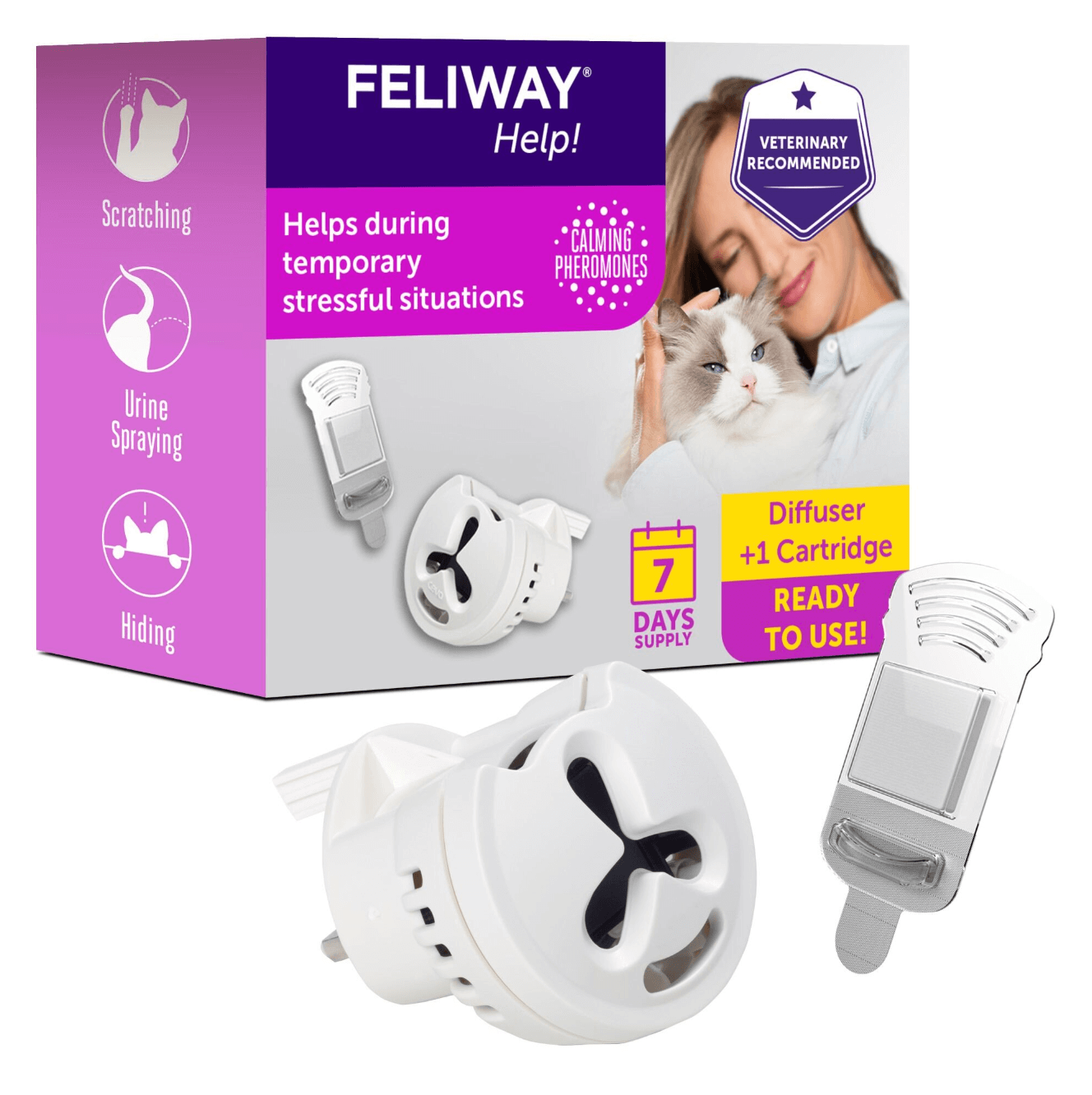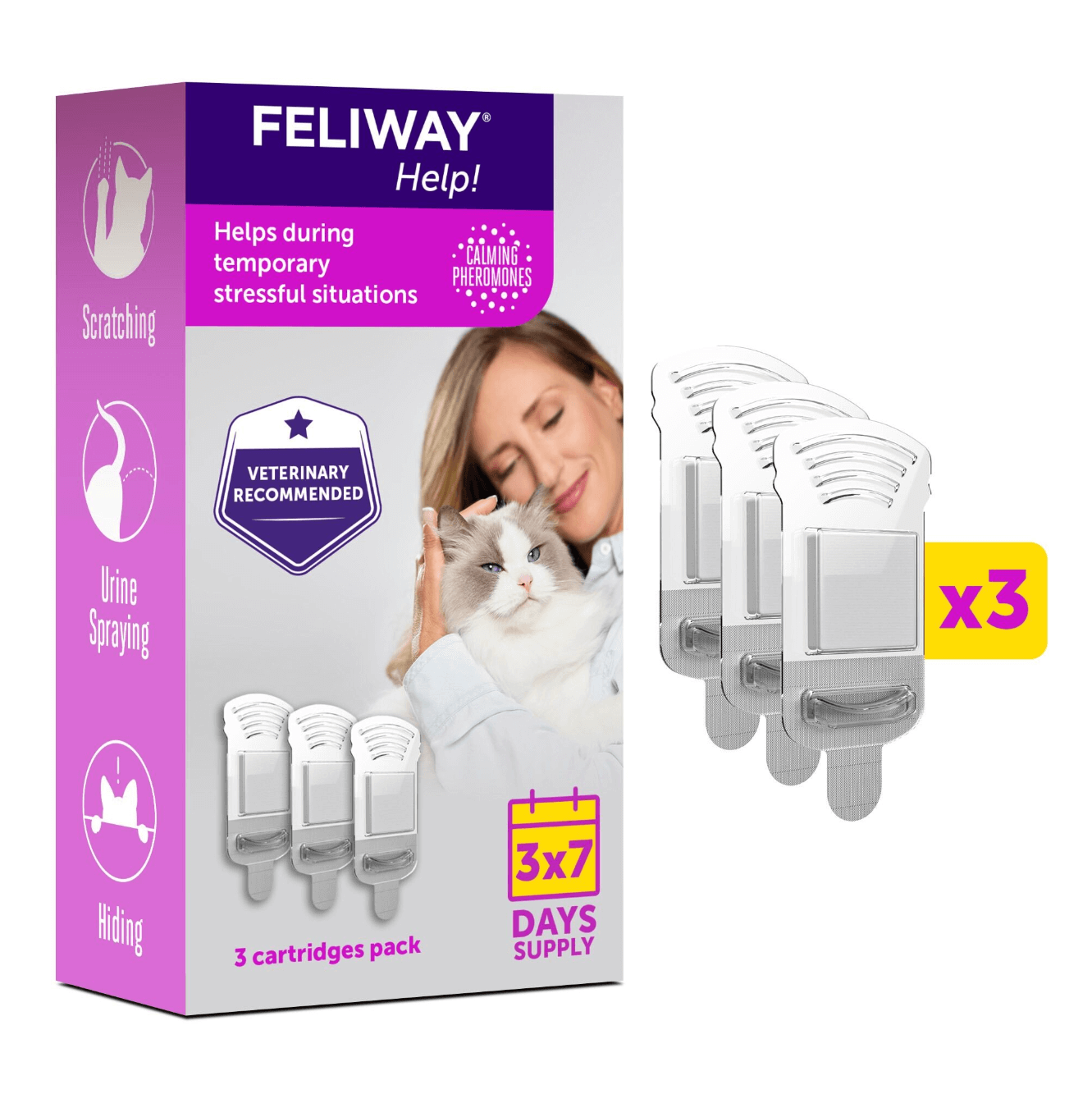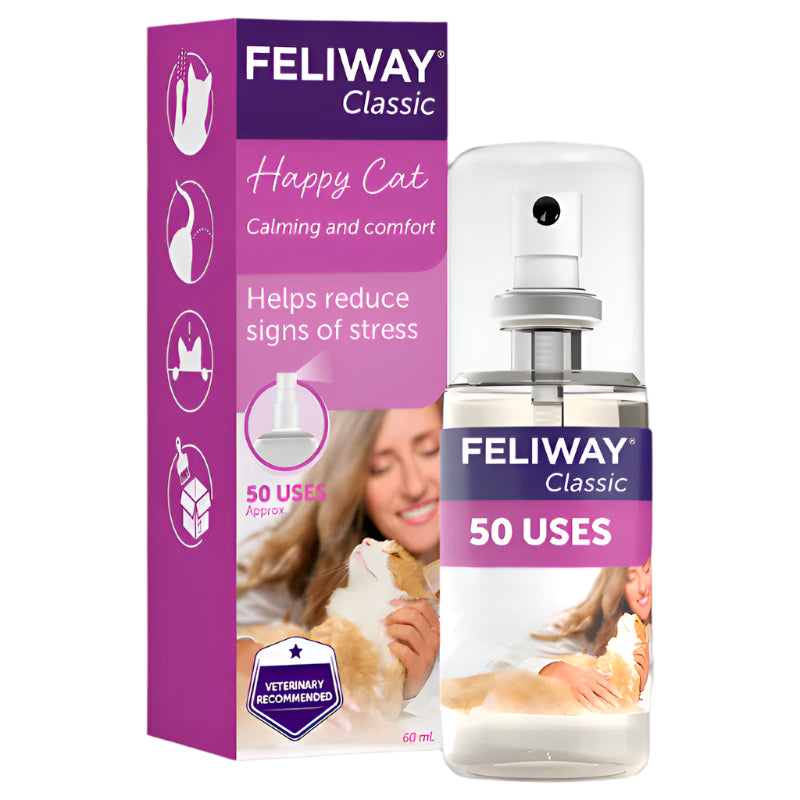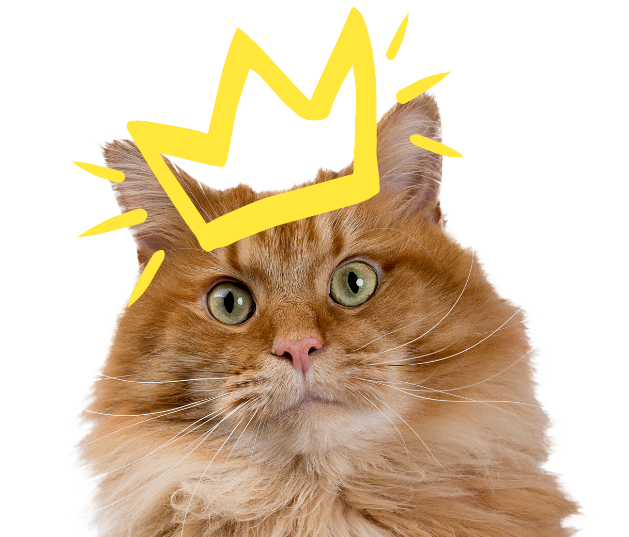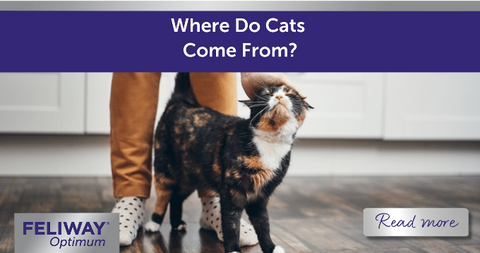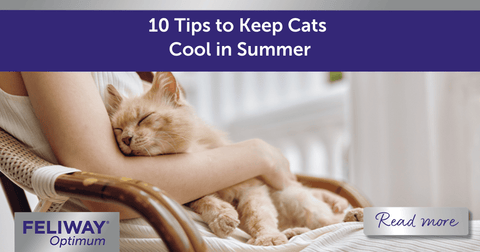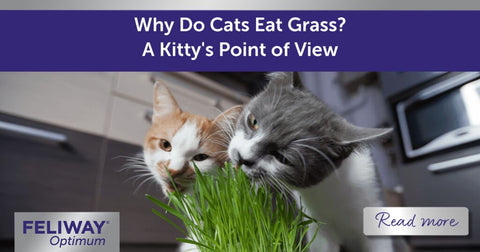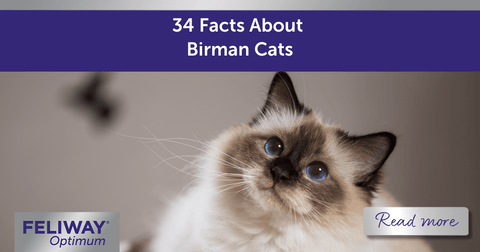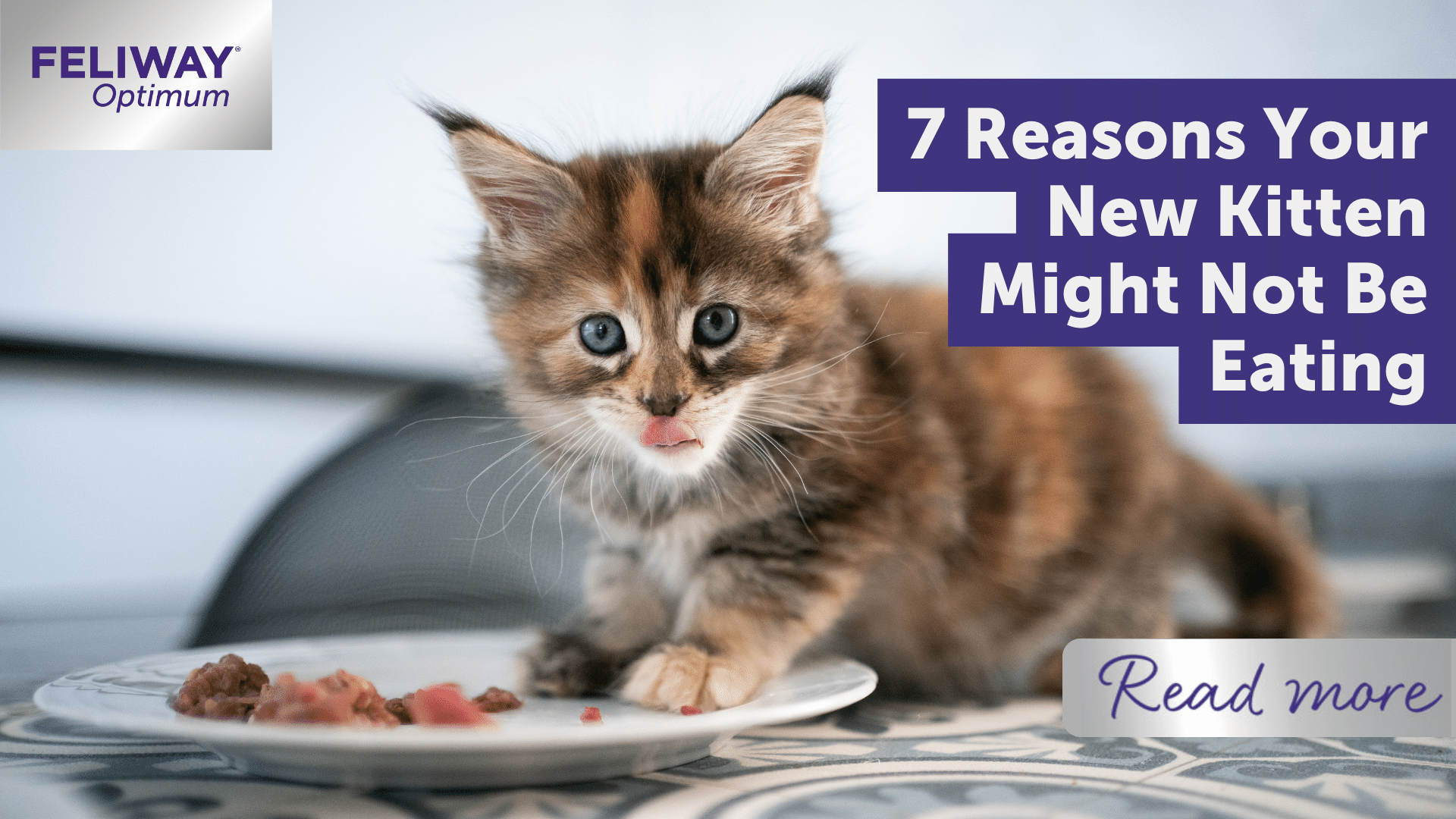
7 Reasons Your New Kitten Might Not Be Eating
There are lots of considerations to make when getting a new kitten - and what to feed them should be a major thought!
A tasty meal can help your kitty feel settled, happy and give them the energy they need to grow and play all day! When you first adopt your pet, it's often best to find out what food they are already used to eating, and serve that for a while to minimise changes and stress while they settle into life with you.
But what can you do if your new furry friend seems off their food? There are lots of reasons that your kitty might turn their nose up at a delicious dish, such as stress, illness or otherwise. However, as kittens are so small - and need lots of energy to stay healthy - it's important to quickly identify why your kitten has lost their appetite and seek veterinary help if they don't eat for 24 hours or more.
7 REASONS YOUR KITTEN MAY NOT BE EATING
1. They don't have a routine
Kittens need to eat regularly to support their growth and energy needs! And while some owners may want to leave food out for their cats all the time, having food to graze on won't help your pet develop a clear routine - or could cause your kitten to under or over eat.
To ensure your kitty is only hungry at the right times, create a feeding schedule and keep to this routine. Kittens of around 8 weeks old should be fed three to four times a day, reducing this at 12 weeks to three times a day - in the morning, middle of the day, and again at night just before bed time.
Keep in mind that kittens will often want to use the litter tray straight after eating so this is a great time to reinforce some litter tray training!
2. They're not used to the food
You can feed your kitten either dried food, canned food or a combination. However as we've mentioned, feeding your kitten the same food that they are already used to will help to limit their stress as they adjust to life with you.
If you do want to change their food, make sure any adjustments are gradual - slowly mix the new food with the old and transition over a few days so that your pet doesn't have a sudden change, feel stressed, or go off eating altogether. Making occasional changes to your pet's diet, up to 4 times a year, can also add some variety, help you discover their favourites and prevent any dietary issues or allergies.
If your kitty still seems reluctant, try warming their food for a few seconds in the microwave - heat will release the scent of the food and entice your kitty to eat up! Always make sure that the food isn't too hot before serving it to your kitty - don't make the food piping hot, just warm!
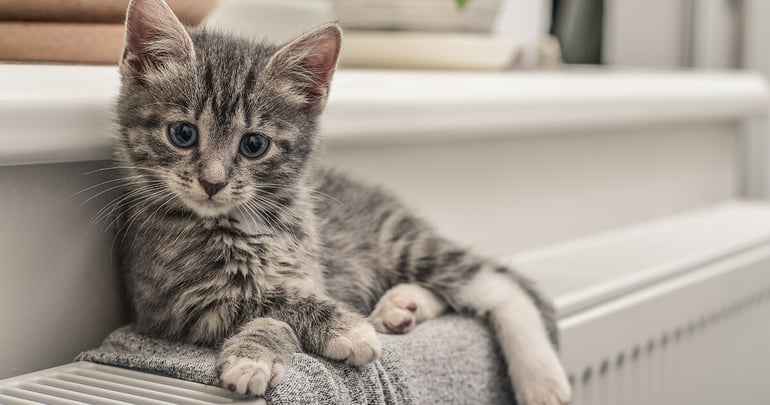
3. They don't like the location
Cats and kittens can be particular about where they like to eat their food! Make sure their food and water bowls are positioned somewhere quiet, accessible and away from their litter tray or loud appliances such as the washing machine. To help your kitten adjust to their feeding routine, make sure you always feed them in the same place. That way they won't be confused or go off of their food.
4. They have already eaten too much!
Knowing how much to feed your kitten at each meal is important to make sure you're not underfeeding or overfeeding them! If your kitten is still too full from their breakfast, they may turn their nose up at their lunchtime meal. To figure out what's best for your pet, look at the instructions on your kitten's food label. There should be a quantity range, dependent on your kittens size. Start by feeding in the middle of this rage. If your kitten finishes their food quickly, and easily eats more at the next sitting, it may be time to increase their serving size. But, if your pet hasn't finished their food after 15-20 minutes, or struggles to eat again at the next mealtime, you may be feeding them too much and you should cut down on portion sizes.
Feeding the right amount is important to help your pet stay a healthy weight. Overfeeding treats and meals can create a chubby, unhealthy cat so make sure you keep an eye on your pets food intake. Regarding treats, if you do want to feed treats to your pet, try to balance the volume of treats and food rations - feeding less food if your pet has had a few treats. While kittens are young, try not to feed them human food to avoid bad habits, and avoid feeding raw foods as this can lead to upset kitty tummys.
5. They feel a little stressed
If your kitten is still adjusting to their new home with you and settling into their environment and routine, it's normal that they may feel a little stressed and go off of their food. Motion sickness from the journey home, unfamiliar smells and sounds, changes in the home and even recent vaccinations can all make your kitty go off their food. Read our top tips and training advice to help your new kitten adjust.
Creating a safe comforting home environment can help your pet to feel more secure and relaxed, so make sure your pet has a quiet environment and all of the resources they need (food, drink, scratching posts, litter tray and a comfy bed). Using a FELIWAY Optimum can help your pet settle and feel supported in their home environment - releasing comforting messages to relax and reassure your kitten. If however your kitten remains stressed or off of their food, it's important to consider other causes such as illness that may be affecting their appetite.
6. They may not feel well
If your cat is not eating for a longer amount of time - 24 hours or more, it's important to immediately take them to a vet to check for any underlying health issues or sickness. Tiredness, weight loss and lack of interest in anything are all indicators of a poorly kitten; and a loss of appetite can be very dangerous for small cats so be sure to seek immediate help.
7. The food bowl isn't clean enough
Cats are very clean animals who like to eat and drink from fresh clean bowls! If old food has been left in the bowl or their eating area is dirty, this can easily put them off their next meal. Be sure to remove any uneaten food after each kitty meal, regularly change their water and keep their feeding space clean. Using ceramic feeding bowls can also stop any food smells absorbing into the bowls.
Keep in mind that wider shallow bowls are best for cats as they don't like it when their whiskers are pushed against the side of their dinner plate! Some cats even prefer to drink from running water!










